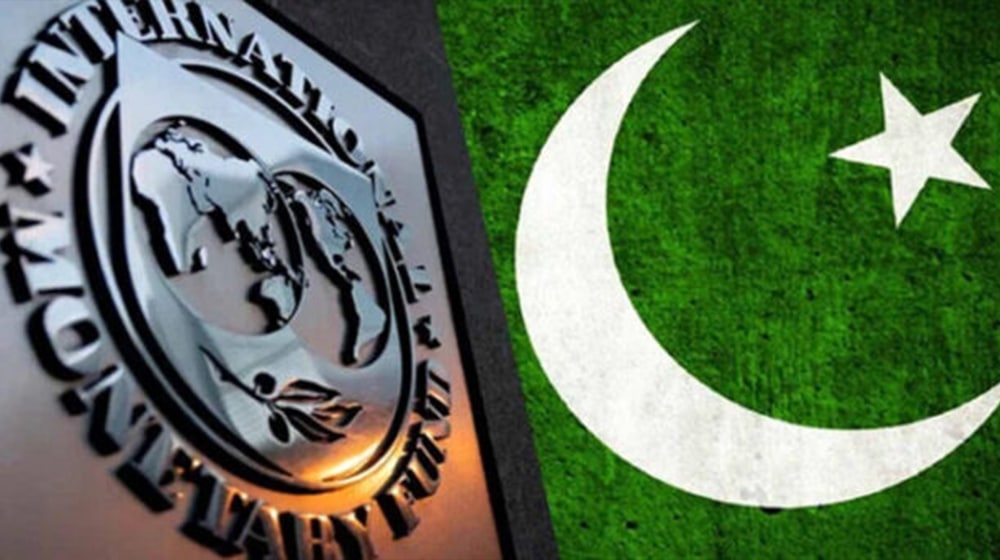Pakistan finds itself caught in a delicate tango with the International Monetary Fund. The latest steps in this complex choreography revolve around the thorny issue of electricity rates, with the IMF taking a firm stance against any delay in hiking prices for middle-income consumers.
Picture, if you will, a nation caught between the rock of economic necessity and the hard place of public sentiment. Prime Minister Shehbaz Sharif, in a move that speaks volumes about the political tightrope he walks, floated the idea of postponing a Rs. 7.12 per unit price hike for those consuming between 201-400 units monthly. It’s a proposal that, on the surface, seems designed to offer a brief respite to a beleaguered populace.
But the IMF, ever the stern taskmaster, has thrown cold water on this notion. Their opposition is rooted in concerns that such a delay would throw a wrench into the carefully calibrated machinery of energy sector targets. These targets, focusing on reducing the dreaded circular debt and adjusting annual base tariffs, are seen as crucial cogs in the wheel of Pakistan’s economic recovery.
The scale of this issue becomes clear when we consider that approximately 2.8 million residential consumers fall into this 201-400 unit category. These households, already grappling with rates significantly above the average Rs. 33 per unit, now face the prospect of even higher bills. For those using 201-300 units, the new rate would climb to Rs. 34.26 per unit, while consumers in the 301-400 unit bracket would see their rates soar to Rs. 39.15 per unit – and that’s before taxes and surcharges are factored in.
The government’s earlier decision to defer increases for consumers using up to 200 units offered a brief respite to many, but it was always a temporary measure. Now, as electricity prices average a staggering Rs. 70 per unit after recent hikes, the affordability of this essential utility has become a pressing concern for millions.
In this high-stakes game of economic chess, the IMF has consistently shown its reluctance to allow temporary relief measures. Their rejection of Pakistan’s earlier request to spread August’s hefty electricity bills over six months underscores this unyielding stance.
As the government scrambles to find solutions, more radical proposals are being floated. There’s talk of ending the provision of free electricity to government officials, bureaucrats, judges, and parliamentarians – a move that would signal a significant shift in the perks of power. The potential reduction of Maximum Demand Indicator (MDI) charges for factories and the cessation of free petrol for officials are also on the table, painting a picture of a government willing to consider previously unthinkable measures.
This entire scenario unfolds against a backdrop of rising public discontent and economic strain. The government finds itself in a precarious position, trying to balance the demands of international lenders with the needs of its citizens. As Pakistan navigates these turbulent economic waters, the outcome of this latest standoff with the IMF could have far-reaching implications for both the nation’s financial stability and the daily lives of millions of its citizens.
In the end, this is more than just a story about electricity rates. It’s a tale of a nation grappling with the harsh realities of economic reform, the pressures of international finance, and the ever-present need to maintain social stability. As Pakistan continues its economic tightrope walk, the world watches with bated breath, wondering what the next act in this high-stakes drama will bring.







